There are far too many people out there with sloppy writing, who are making mistakes in their word choices, and those writers end up appearing uneducated because they have not properly understood how to make the correct word choice amongst words that sound alike. Yes, homophone is the technical term for words that sound the same or nearly the same (and has nothing to do with either communication devices or sexual orientation). Believe it or not, I've actually seen people make every one of these mistakes. So let's dive into this confusing morass of similar words and untangle the mess!
There is no reason to get discouraged, even though the list is long; simply practice one of these per day, and in a few weeks you will have these homonym choices under control!



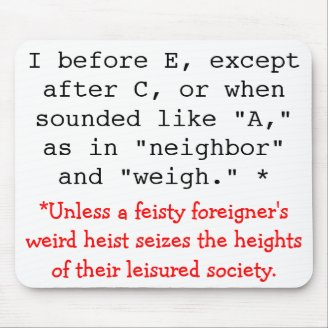





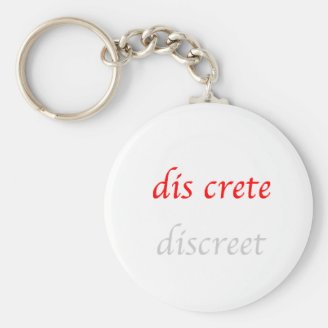
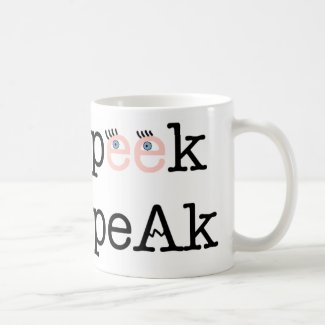


 My Experience with KaiZenon 04/19/2016
My Experience with KaiZenon 04/19/2016
 How to Use Your Car Cigarette Lighter: Fun, Ridiculous and Useful Aftermarket 12-volt Accessorieson 10/03/2015
How to Use Your Car Cigarette Lighter: Fun, Ridiculous and Useful Aftermarket 12-volt Accessorieson 10/03/2015
 Why Use NextDoor?on 07/13/2015
Why Use NextDoor?on 07/13/2015
 Food Network Toaster Reviewon 06/12/2015
Food Network Toaster Reviewon 06/12/2015
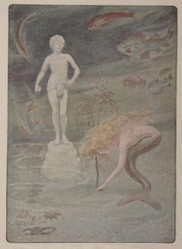
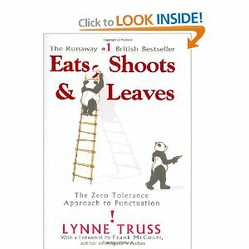
Comments
Vane, vain and vein. Another triplet
Sight, cite, and site is a triplet which people also commonly confuse.
With Unix currently beginning to gain popularity, I expect that gnu might make a comeback in common parlance, but my mother always insisted that we make the y-sound in new and knew, so we never confused that pair with nu and gnu!
My favorite ones are where there are three or more sound alike words. Pear, pair, and pare come to mind. But, my real favorite is new, knew, nu (Greek letter) and gnu (animal).
I am glad to hear that from a professional. Many thanks!
As one who still does private tuforing in English I find your work very useful. Thank you.
Thank you!